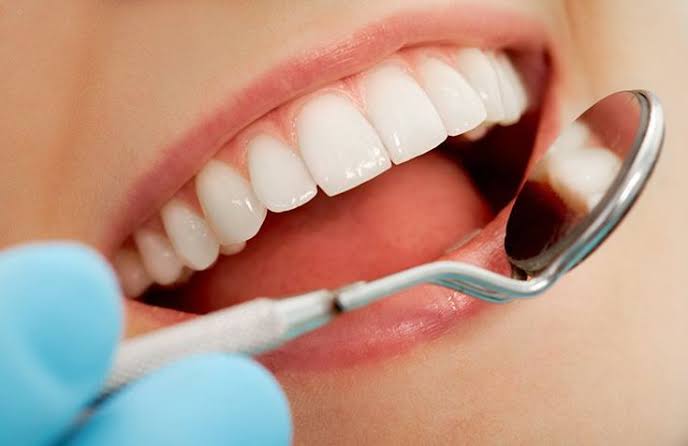Recent research from Japan suggests that maintaining good dental hygiene, including regular brushing, may have a positive impact on brain health. The study found that people that practice proper oral hygiene have many neurons in the hippocampus, which is a brain region responsible for memory.
Gum disease, tooth loss connected to cognitive decline
The researchers also discovered a link between gum disease, tooth loss, decreased brain gray matter, and mental health decline. These findings indicate that regular dental visits could potentially help prevent Alzheimer’s disease, which is the most prevalent dementia type.
Tohoku University’s Dr Satoshi Yamaguchi and lead study author said that tooth loss and gum disease are prevalent conditions and can lead to loose teeth, shrinking gums ands and gum tissue inflammation. The study sought to investigate the link between dementia and oral health issues. Findings indicate that the oral health issues could affect the hippocampus which is crucial in memory and thinking. Therefore this emphasizes the importance of maintaining proper oral hygiene as a way of promoting brain health.
Chewing enhances blood flow and oxygen circulation in brain
Chewing helps improve brain health by increasing blood flow and oxygen circulation to the head. Conversely, tooth loss may contribute to unhealthy eating behaviors. As dementia cases are expected to triple by 2050, lifestyle modifications are being emphasized for maintaining cognitive sharpness. Gum disease, which affects approximately one in seven adults, is caused by inflammation of the tissues supporting the teeth.
The study involving 172 Japanese individuals who initially had no memory problems found a connection between tooth loss and brain shrinkage in the left hippocampus, a region critical for language and word recall. This link was observed in individuals with mild gum disease as well as those with severe gum disease who had more teeth. The study emphasizes the importance of maintaining dental health and not just preserving teeth. It suggests that severe gum disease and tooth retention may lead to brain atrophy, making regular dental visits and potential extraction of severely affected teeth necessary, followed by suitable prosthetic replacements.


